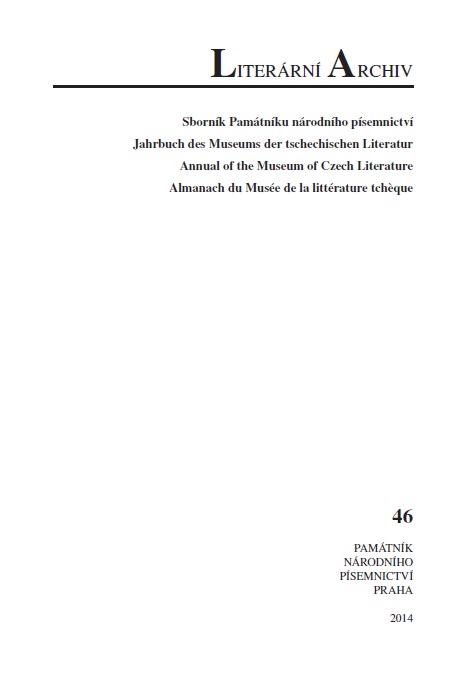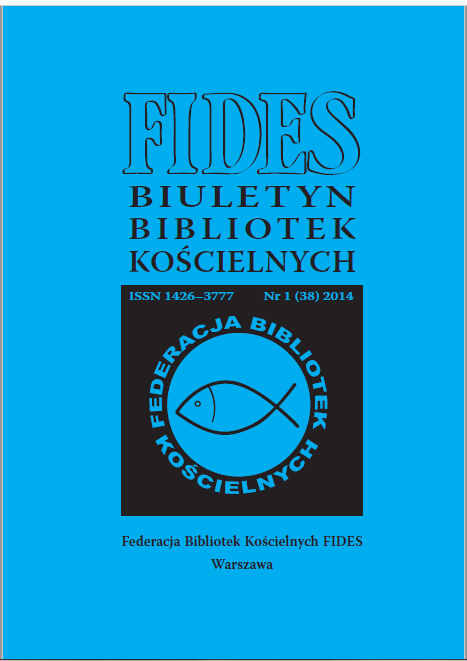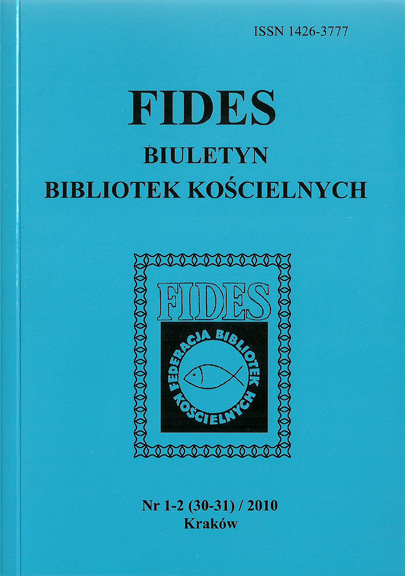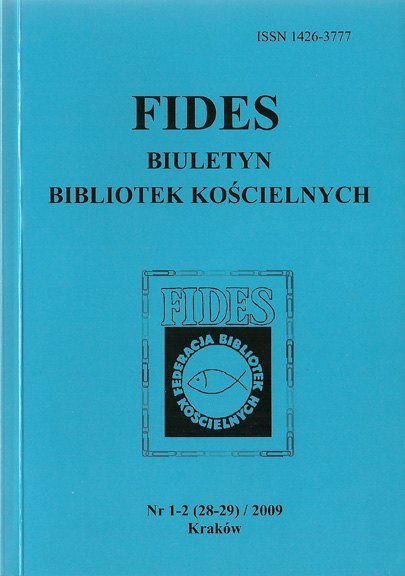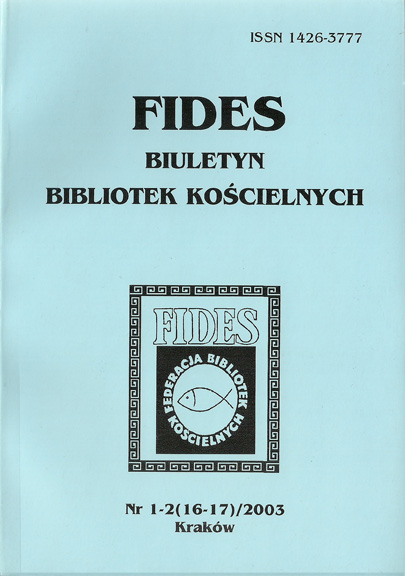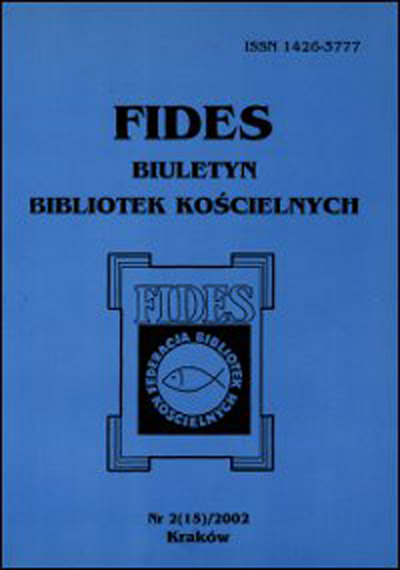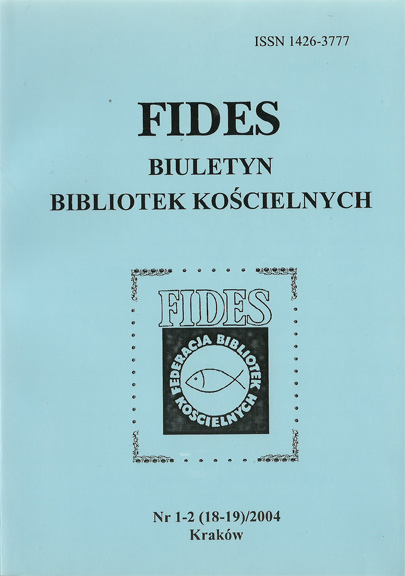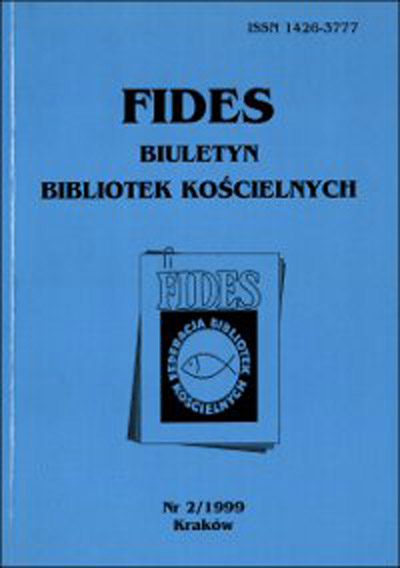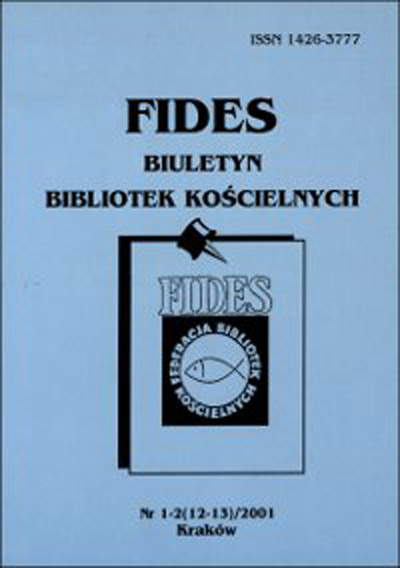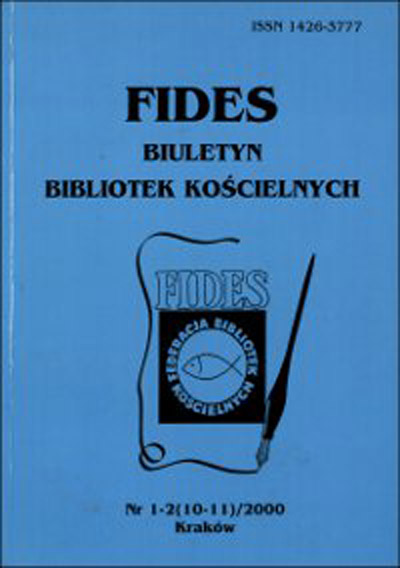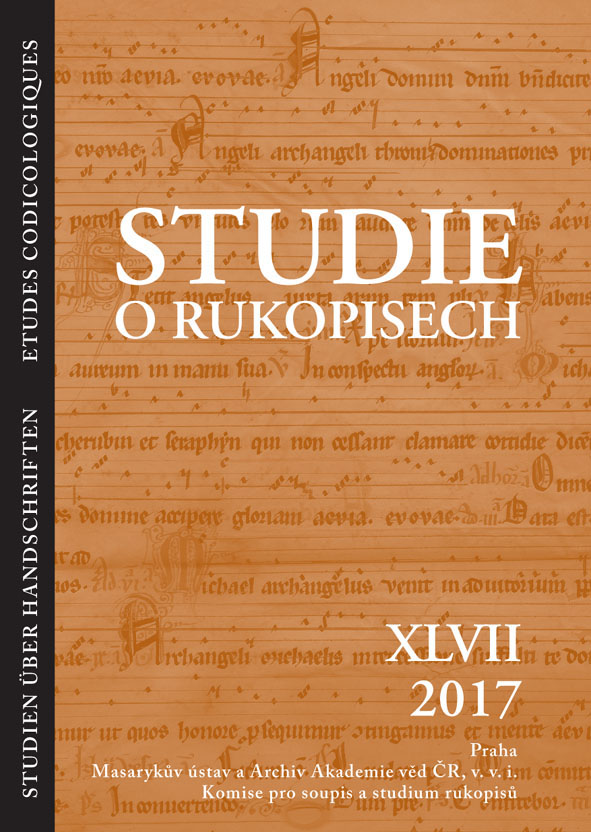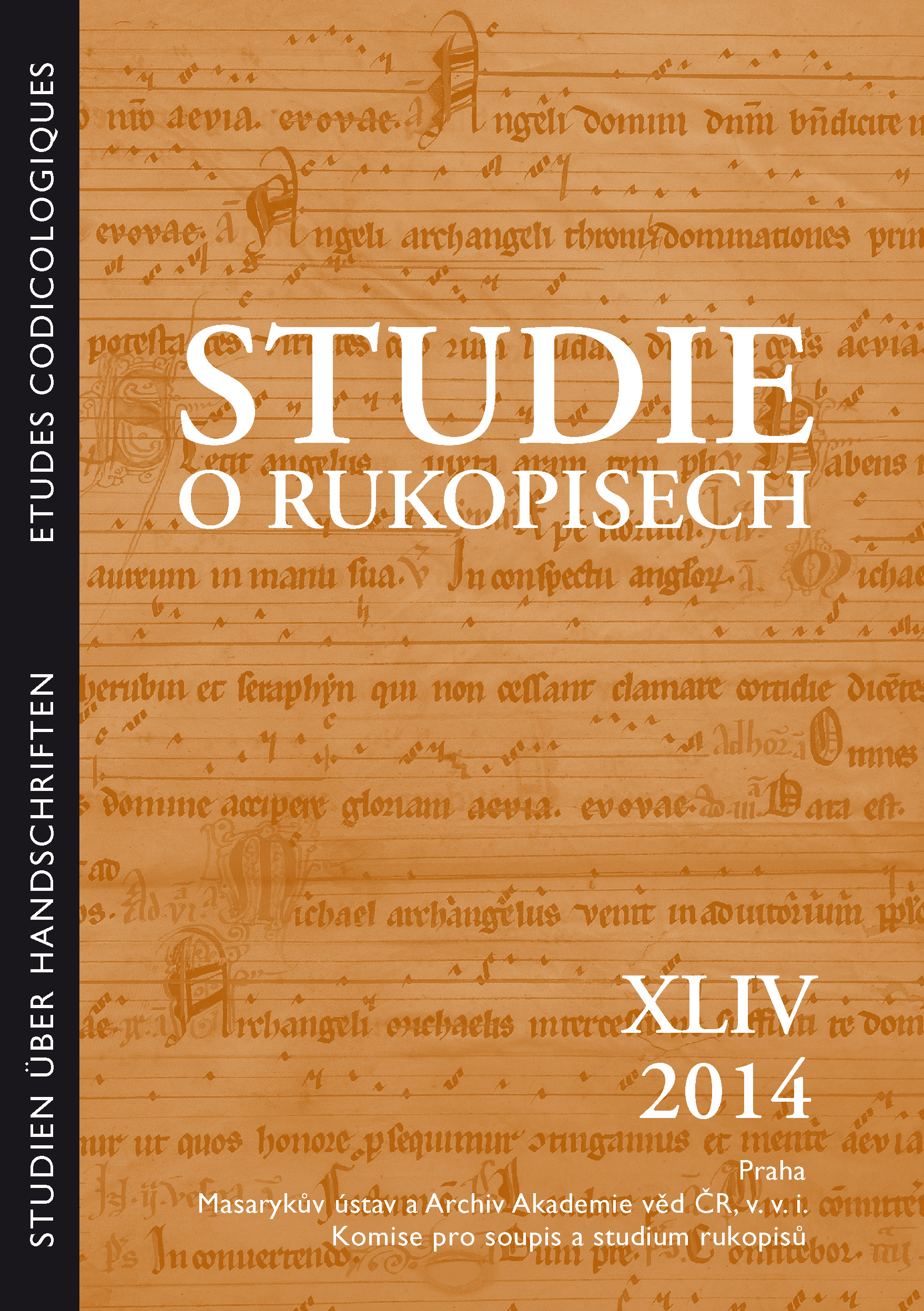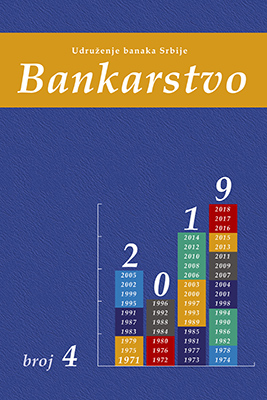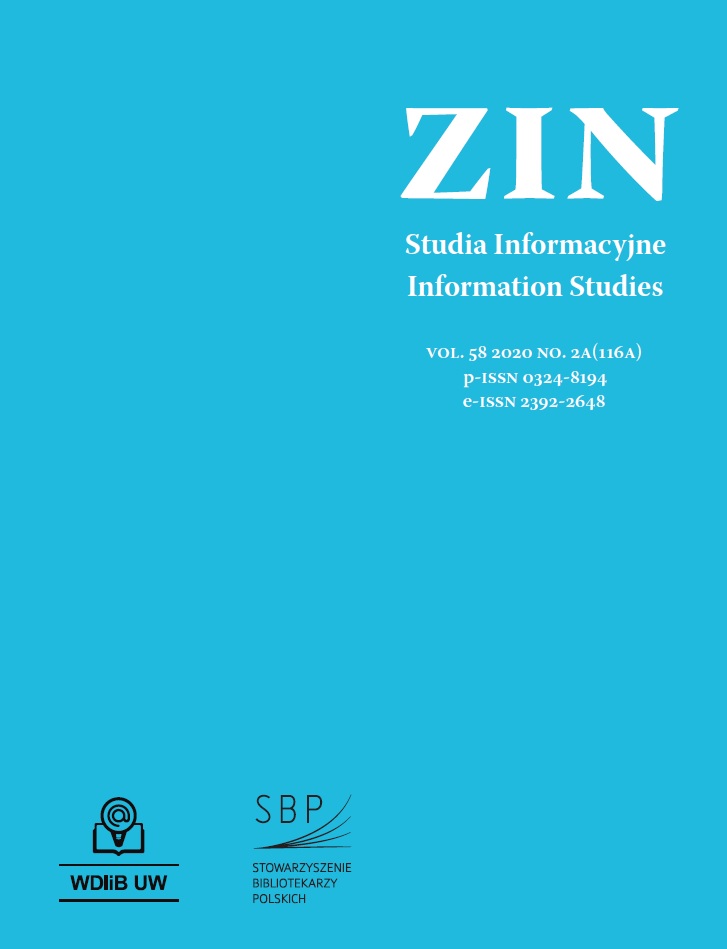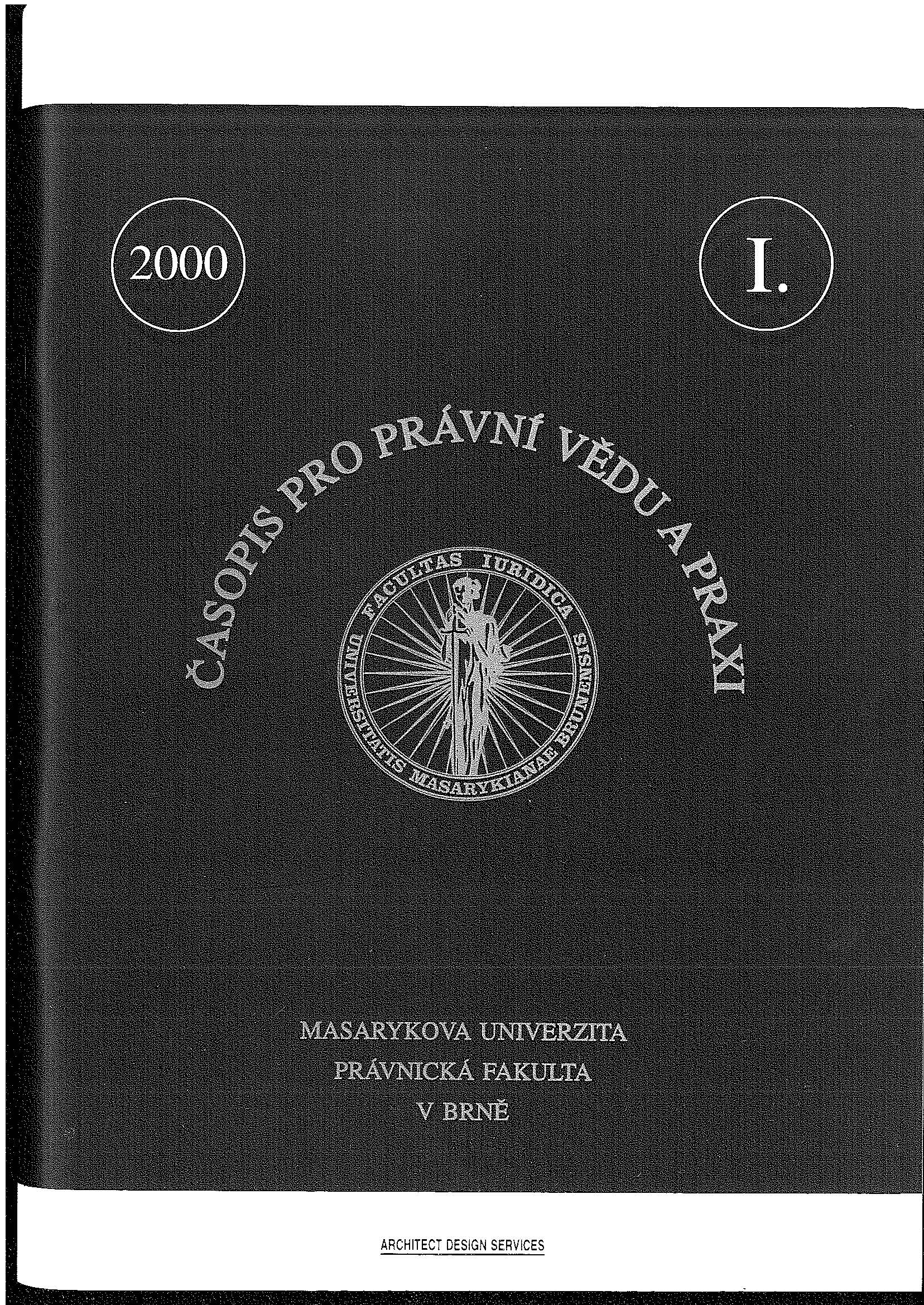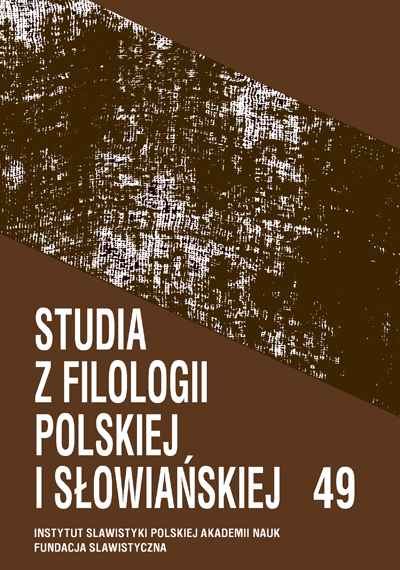
Kolekcja jako typ zbiorowości i przedmiot opisu bibliograficznego
The paper aims to define the notion of the collection as a notion of a particular set of elements and to formulate the guidelines concerning the bibliographical description of papers dealing with sets of elements (e.g., lexical units, morphological units) of this kind. In the first part, definitions of the collection are analysed, both in general language and in specialised language of logic, development psychology, information theory, cognitive science and theory of art. On the basis of these definitions, two types of collections are distinguished: the “functional” collection and the “attributive” one. The set of definitional features of the “attributive” collection is proposed, contrasting the notion with such notions as exemplar, collage, montage, repertoire, and class of abstraction. These definitional features are the following: (1) the elements of the collection are numerous, (2) they share (at least) one common feature, (3) not all the elements which share the common feature are included in the collection, (4) the composition of the collection is a result of a conscious selection, (5) the ordering of the collection elements gives an accurate picture of a whole set. In the second part, titles of the papers stored in the database iSybislaw are analysed in order to find out which definitional features of the collection they reveal. On this basis, the guidelines concerning the bibliographical description of papers dealing with the collection of language units are proposed in order to meet the needs both of a person who seeks the information about the elements of the collection and of a person who seeks the information about the elements of a superset of the collection.
More...
